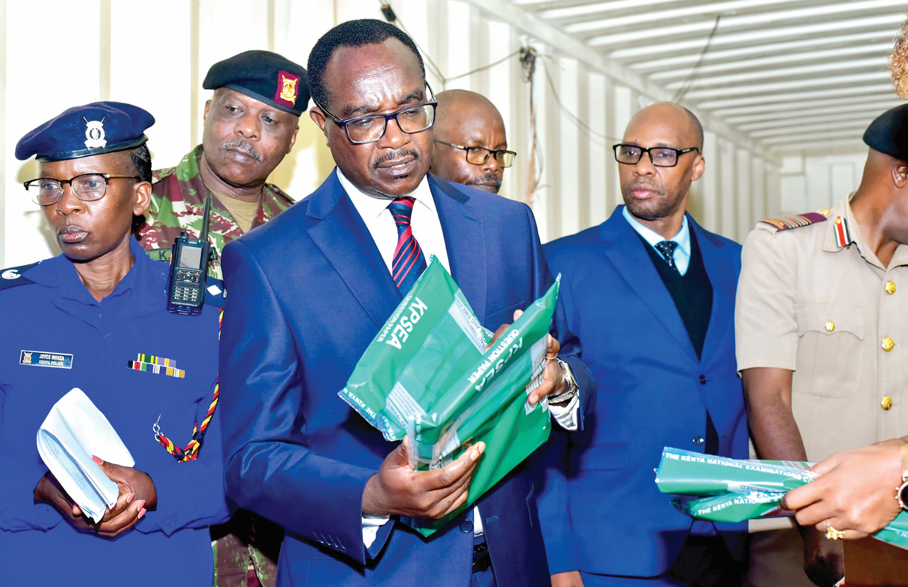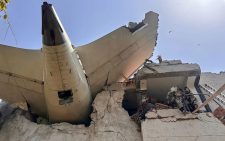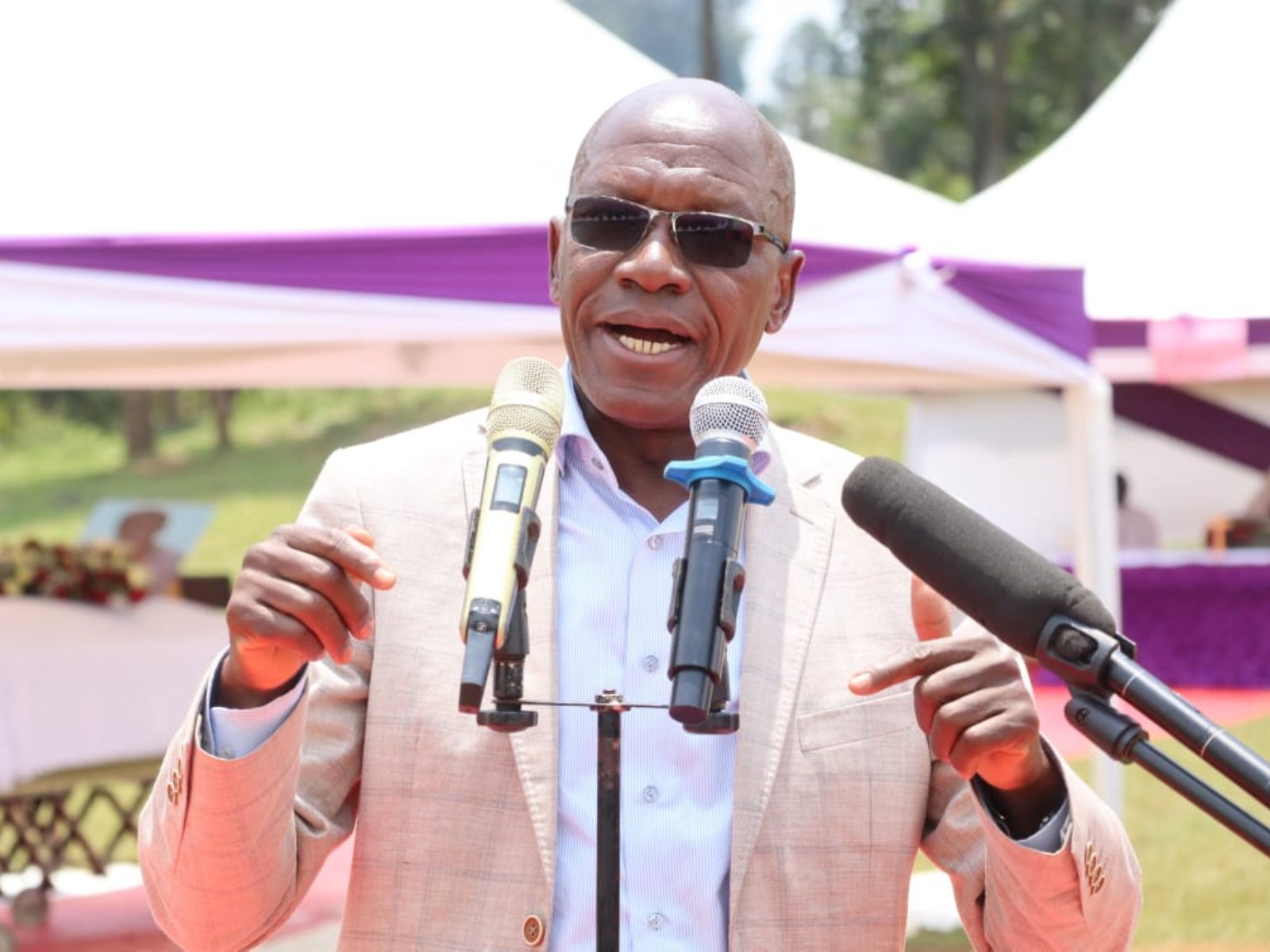Over a million pupils kick off KPSEA exams

Over 1.3 million Grade 6 pupils across Kenya began their Kenya Primary School Education Assessment (KPSEA) exams yesterday, marking a significant milestone for the country’s education system.
This is the third cohort of learners under the Competence-Based Curriculum (CBC), which was introduced to replace the traditional 8-4-4 system.
The KPSEA exams, which began yesterday and are to end tomorrow, are designed to assess learners’ competencies in various subjects, aligning with CBC’s emphasis on practical skills, creativity, and critical thinking.
The national exams will evaluate key areas such as mathematics, English, Kiswahili, Science, and Creative arts. The assessments will play a crucial role in determining students’ readiness to transition into Junior secondary schools.
Introduced in 2017, the CBC aimed to address the limitations of the 8-4-4 system by focusing more on the holistic development of learners rather than solely academic performance.
The curriculum’s competency-based approach emphasizes skills development, creativity, communication, and the application of knowledge in real-life scenarios.
Under the CBC, learners are taken through a 2-6-3-3-3 system, which includes two years in pre-primary, six years in primary, three years in junior secondary, three years in senior secondary, and three years in tertiary education. The 1.3 million students currently taking KPSEA exams are the third group to reach this assessment stage since the first cohort sat the exam in 2022.
Unlike the previous system’s final exams, KPSEA tests only contribute to part of the learners’ final assessment. Other components, including continuous assessment tests (CATs), project work, and classroom participation, also form part of their overall evaluation, ensuring a more balanced measurement of students’ skills and knowledge. As with any major educational reform, the rollout of CBC has not been without its challenges. Teachers, parents, and students have expressed concerns over the workload, inadequate training for educators, and insufficient learning resources in some schools. The government has addressed these concerns by investing in teacher training programs and providing additional resources to public schools.
Positive feedback
Education Cabinet Secretary Julius Migos Ogamba expressed confidence that the system is improving, highlighting the positive feedback from various stakeholders and the progressive adjustments made over the past few years.
“We are on the right path toward preparing our learners for the demands of the 21st century. The CBC is a transformative approach that ensures learners are equipped with the competencies needed to thrive in a rapidly evolving world,” the CS said during an official press briefing.
The government has also committed to addressing infrastructural gaps in junior secondary schools, which will accommodate the Grade Six pupils after they transition.
Yesterday, the Eastern Regional Commissioner Paul Rotich, while overseeing the secure opening of a KPSEA exam container at the Deputy County Commissioner’s office in Karaba, Mwea sub-county in Embu county warned all exam supervisors and managers in the area that breaching exam integrity will result in severe consequences. Rotich underscored the role of exams in establishing a skilled workforce and shaping the future of Kenya’s essential sectors, from healthcare to engineering.
“Exams are a pivotal stage where we groom future doctors, engineers, and other professionals. Any compromise now could have damaging effects that extend across generations,” he stated.
This warning comes in the wake of increased measures to protect exam integrity, a stance that reflects Kenya’s ongoing efforts to foster an honest academic environment. Rotich commended the anti-cheating reforms implemented nine years ago, which have since bolstered Kenya’s exam process. He reminded officials that the rules must be strictly adhered to, as any laxity could erode the progress made in the fight against exam malpractice.
Noting that both fame and financial gain are temptations driving individuals to cheat, Rotich emphasized that no form of malpractice would be tolerated.
“Money and fame cannot justify unethical practices in education,” he added.
The call to uphold integrity was echoed by Fredrick Kiiru, Eastern Region Education Director, who assured the public that teachers have adequately prepared students for these exams. Kiiru also urged all exam managers to strictly observe the protocols.
“This is about fairness and the future of our students. Enforcing the guidelines is crucial to producing honest results that reflect students’ true abilities,” he added.
This year, 164,766 students are expected to take the KPSEA exams in the Eastern Region, with boys slightly outnumbering girls (85,183 boys compared to 79,583 girls). To prevent any form of malpractice, stringent security measures have been put in place, and officials have vowed to maintain strict vigilance throughout the exam period.
In Nyamira, more boys than girls yesterday sat for this year’s exams, according to the officials. Nyamira County Director of Education Joshua Kaga yesterday said 9,268 boys were sitting the exams against 8,277 girls, making it a total of 17,545. The candidates were distributed across 353 schools in the county.
County Commissioner Erastus Mbui and his Nyamira South Deputy Florence Obunga opened the container at the County Headquarters at 5.30am according to the Kenya National Examinations Council’s security guidelines.
The County Commissioner assured all the centers where the tests were being conducted of full security in the three days that the pupils will be doing their assessments.
Mbui reiterated CS Ogamba’s warning that exam cheats will be dealt with in a new system that will have the Judiciary set up special courts for examination malpractices. “We are working to ensure the exams’ integrity is protected maximally. We however have contingency arrangements for any cheating case that will happen now that the Government has put in place measures to ensure special courts for exam cheats are put in place,” Mbui said.
Over the weekend, Ogamba visited Kisii and Nyamira counties where he said the Government had stepped up its fight against exams cheating by involving the Judiciary in dealing with such cases expeditiously.
– Reports by Faith Macharia, Brian Malila and Evans Nyakundi










